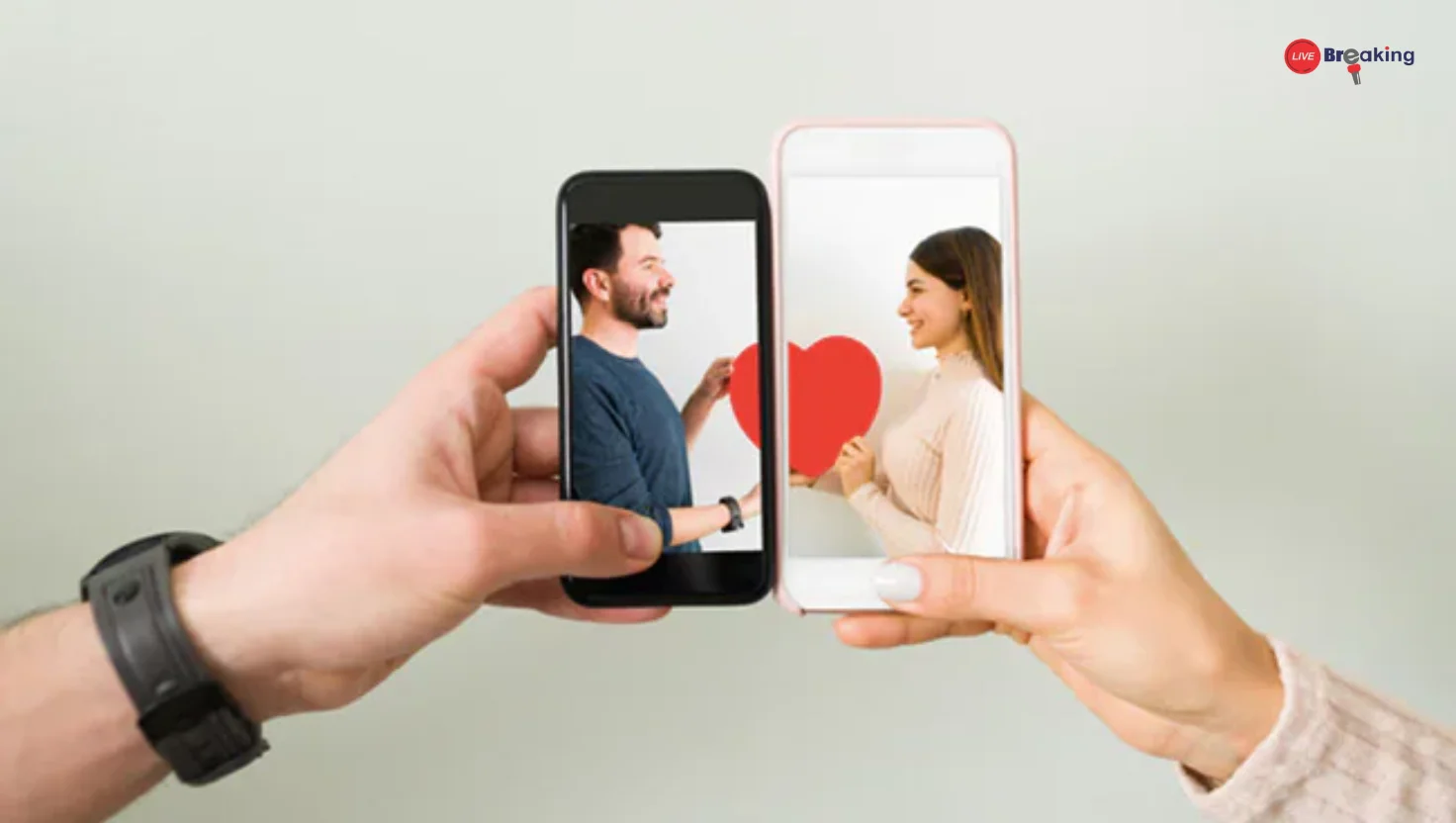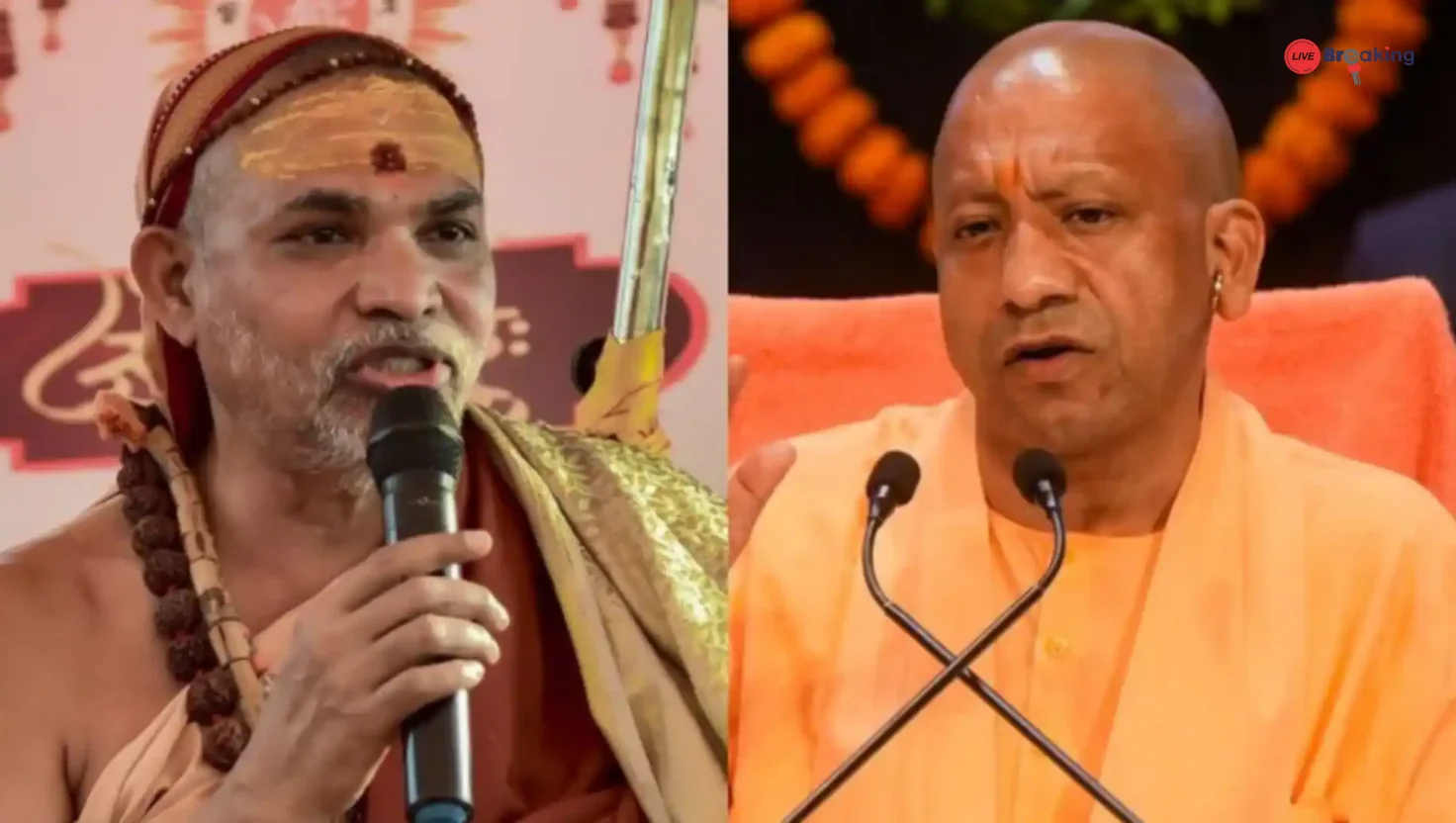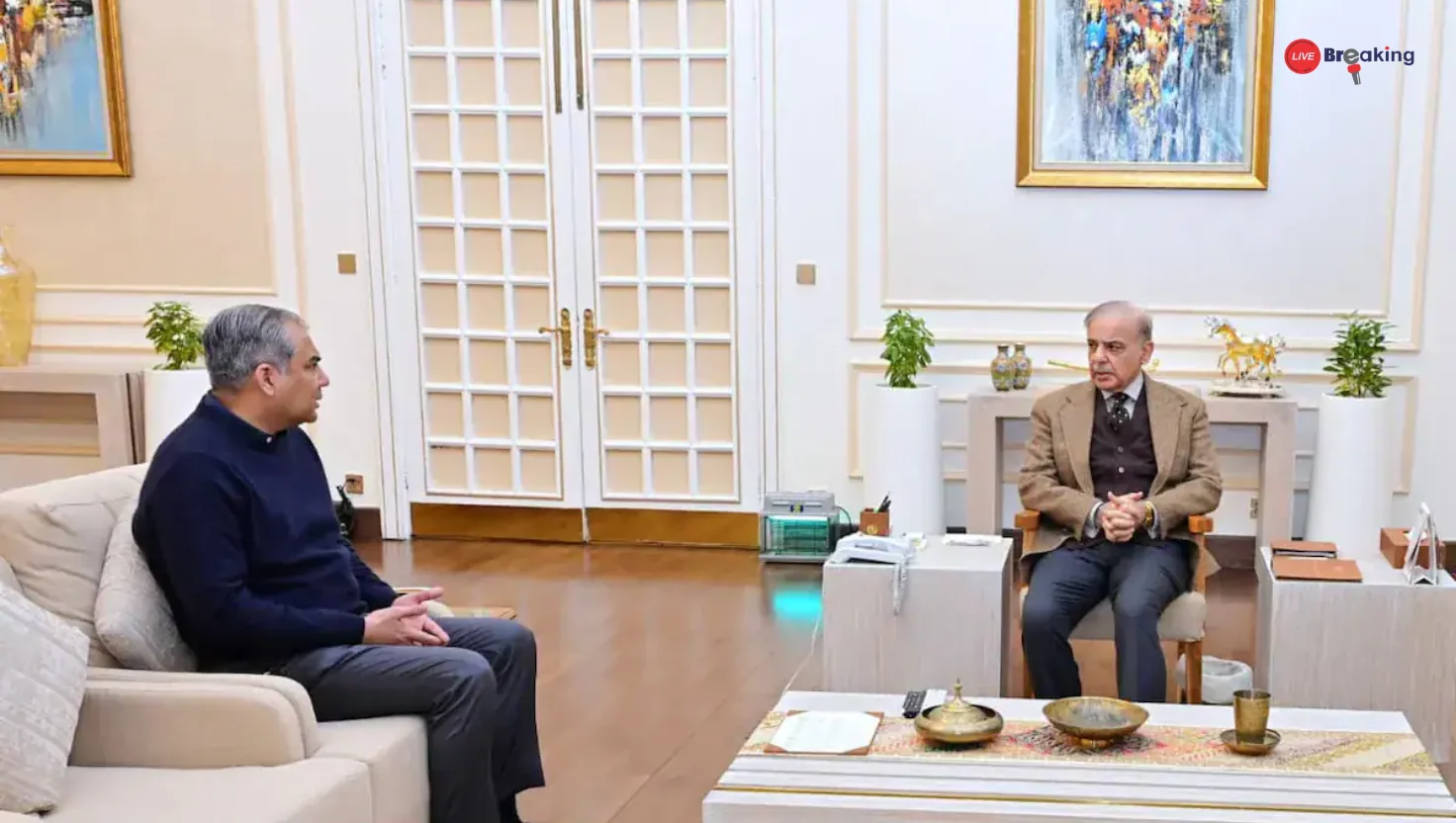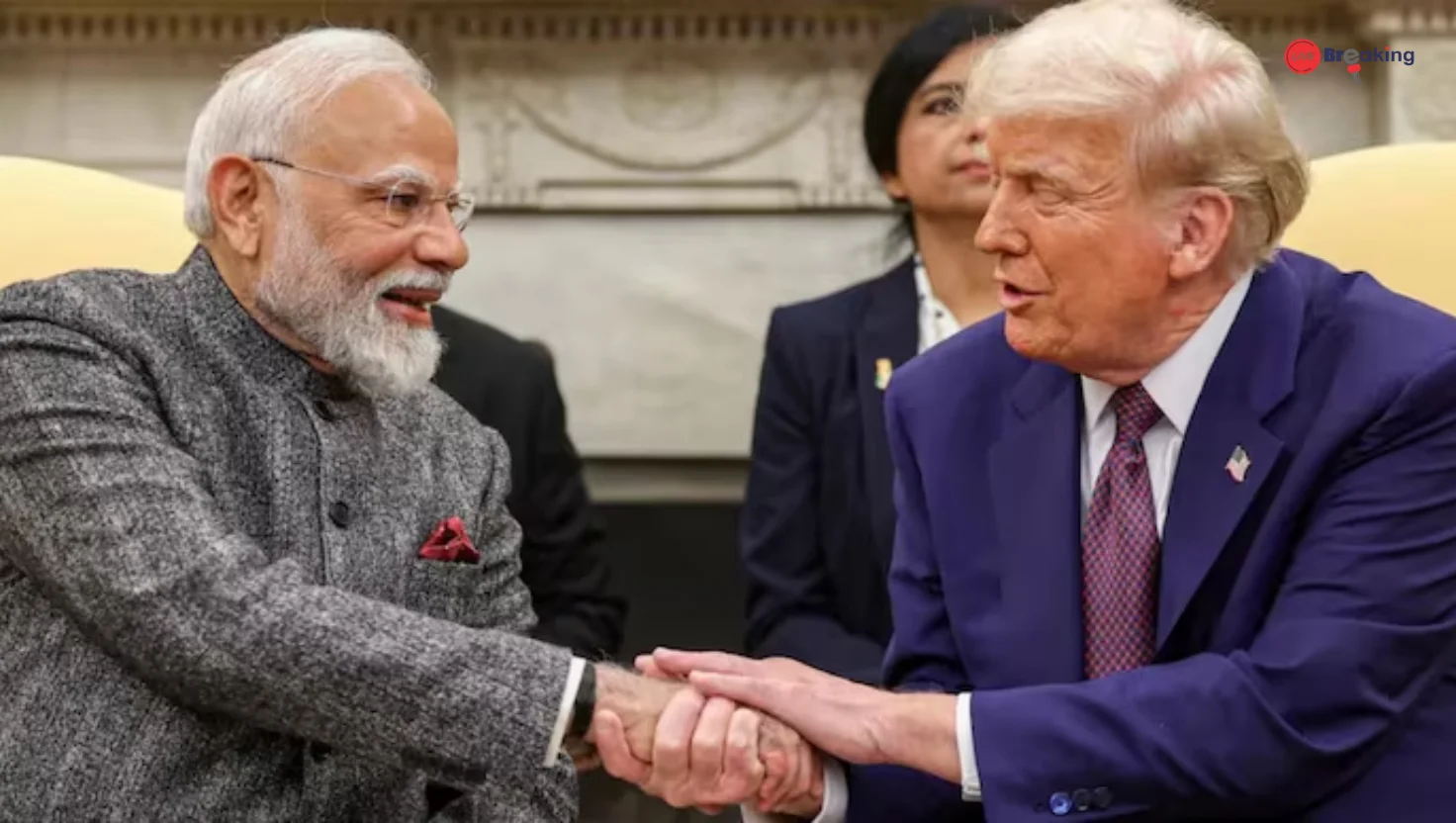How Gen Z Is Redefining Long-Distance Relationships, According To A Dating App
Long-distance relationships have always carried a mix of hope, uncertainty, and emotional strain. For generations, couples separated by cities, countries, or time zones struggled with limited communication options and traditional expectations of how relationships should function. Gen Z is changing that narrative. According to insights shared by a popular dating app, young adults are reshaping long-distance love with a mindset built on digital fluency, emotional openness, and a fresh approach to commitment.
For Gen Z, distance is no longer a relationship-ending obstacle. Instead, it is a challenge they feel capable of managing with creativity and consistency. This shift is driven by their comfort with technology, flexible relationship norms, and a stronger focus on intentional communication. What once felt like a last resort is now seen as a viable, even healthy, way to sustain meaningful connections.
One of the biggest factors behind this change is Gen Z’s ease with digital intimacy. Unlike previous generations, whose interactions were often limited to phone calls or occasional messages, Gen Z has grown up with video calls, instant communication, and social media. Daily interactions through short voice notes, shared playlists, collaborative games, and virtual date nights help them maintain a sense of togetherness. They use technology not just for updates, but for shared experiences that mimic real-life companionship.
The dating app’s findings indicate that young couples feel more emotionally connected through this type of communication because it offers immediacy and transparency. Gen Z values authenticity and honest conversations, and these traits naturally extend into how they handle romantic relationships. They often initiate deeper discussions earlier, set clearer boundaries, and express emotional needs more directly than older generations. This openness reduces misunderstandings and strengthens long-term trust.
Another significant trend is Gen Z’s flexible approach to commitment. Traditional labels hold less importance for them. They focus more on the quality of the bond than its form. Many Gen Z couples view long-distance arrangements as temporary phases rather than permanent states. They understand that careers, education, and personal goals may require relocation, and they are willing to support each other through these transitions. Instead of seeing distance as a burden, they treat it as part of a larger personal journey.
The dating app’s data also shows that Gen Z is less influenced by societal pressure to be physically present with a partner at all times. They value independence and personal growth, which makes them more comfortable maintaining both space and intimacy. They often set schedules for communication, share calendars, and openly discuss expectations to avoid emotional drift. These structured habits help them maintain consistency without feeling overwhelmed.
Read More: Identifying the Red Flags of Toxic Communication: 5 Signs and Strategies for Management
Another unique aspect of Gen Z’s long-distance relationships is their creative use of shared activities. They engage in virtual movie nights, send each other surprise deliveries, and even use apps that allow them to listen to music together or explore cities through video tours. These practices create shared memories that bridge the gap created by distance.
Trust also plays a central role in their approach. Instead of relying on constant updates or checking in excessively, many Gen Z couples operate on mutual respect and emotional security. They prioritise reassurance through meaningful conversations rather than surveillance-like behaviour. This outlook helps reduce conflict and allows both partners to feel supported.
Read more: 10 Relationship Challenges Every Couple Faces: Know How to Overcome Them
Family and social circles are responding to this trend as well. As long-distance relationships become more normalized among young adults, stigma has reduced. Friends often encourage these connections, and families are more accepting, especially when they see the stability and maturity with which Gen Z handles relationship challenges.
The dating app’s report highlights another interesting point: Gen Z is more open to meeting partners from different cities or even countries. Their comfort with online interaction makes them more willing to explore romantic possibilities beyond their immediate surroundings. This expands their criteria for compatibility and encourages cross-cultural relationships that might not have been possible in earlier eras.
Read more: Hardik Pandya Spotted With Model Maheika Sharma — Fans Ask, “New Couple Alert?”
Overall, Gen Z’s redefinition of long-distance relationships reflects their broader worldview. They value adaptability, communication, emotional intelligence, and personal freedom. They use technology not just as a tool, but as an environment where relationships can grow. Their approach turns distance into a manageable obstacle rather than a dead end.
As long-distance love becomes more common and more successful among young adults, it signals a shift in how modern relationships evolve. Gen Z’s mindset suggests that commitment is not measured by proximity, but by effort, honesty, and shared intention. Their resilience and creativity continue to push the boundaries of what romance can look like in a digital-first world.














